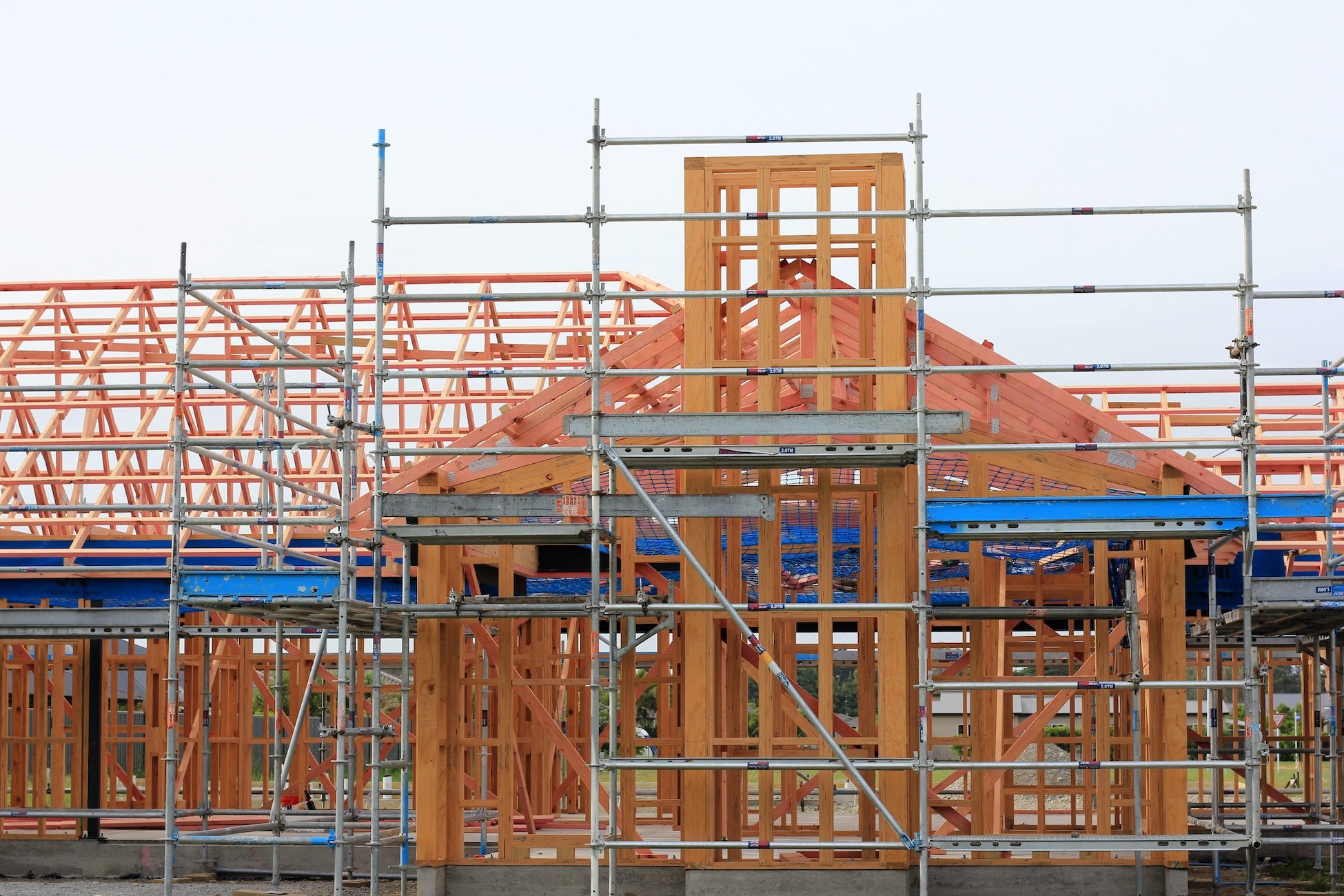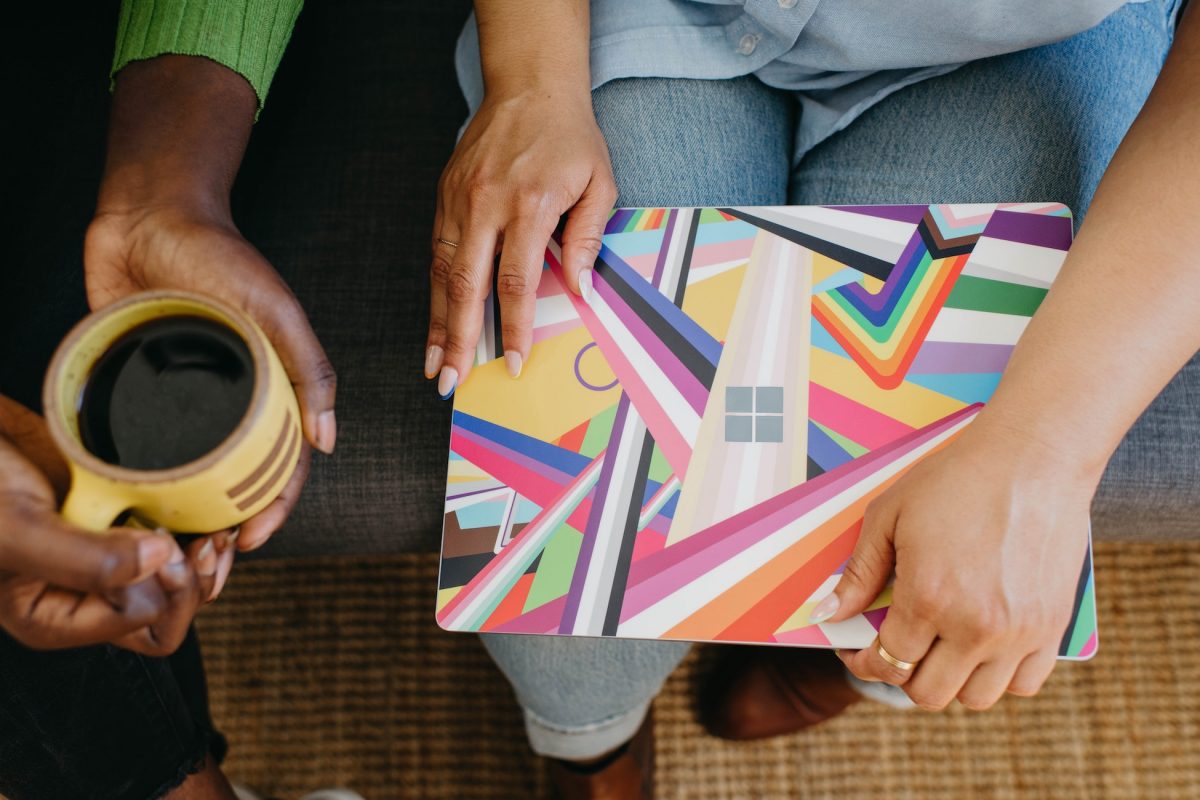Are you in the market for a new home, but don't have the cash to pay for it outright? If so, you may be considering taking out a loan to help finance the construction. Building a house can be a costly endeavor, but fortunately there are a variety of loans available to help cover the costs. In this article, we will discuss everything you need to know about loans to build a house. We will cover topics such as interest rates, repayment terms, and more! So if you're ready to take the next step in homeownership, keep reading!
Loans to Build a House: Everything You Need to Know Table of Contents
What Types of Loans Are Available to Build a House?
What Are Some Advantages of Using Loans to Build a House?
What Are Some Disadvantages of Using Loans to Build a House?
How Do You Apply For Loans To Build a House?
What Are The Eligibility Requirements For Loans to Build a House?
Can You Apply For Loans to Build a House Online?
Can You Get Loans to Build a House With Bad Credit?
What Are Some Alternatives to Loans to Build a House?
What Is The Maximum Amount You Can Get With a Loan to Build a House?
What Types of Loans Are Available to Build a House?
There are two main types of loans available to help you finance the construction of your home: a construction-to-permanent loan and a stand-alone construction loan.
Construction-to-Permanent Loans
Construction-to-permanent loans are the most common type of financing used to build a house because they allow you to roll the cost of land acquisition, site development, and home construction into a single mortgage. This means that you only have to go through the approval process once and then can continue making payments on your loan until your new home is complete.
Construction-to-permanent loans are typically available from banks and credit unions. The terms of these loans can vary, but they usually have fixed interest rates and repayment periods of one to five years. You'll also need to put down a 20% to 30% down payment when you apply for this type of loan.
Stand-Alone Construction Loans
Stand-alone construction loans are another popular option for people building homes. These loans work similarly to traditional mortgages, but with one key difference: they're not attached to an existing property. This means that you'll have to go through the approval and closing process twice, once for the construction loan and again for a mortgage. These loans can be a good option if you're not sure if you'll be able to qualify for a construction-to-permanent loan or if you want to keep your options open in case you decide not to build the home after all.
Stand-alone construction loans are often available through private lenders, such as mortgage companies and home builders. These loans tend to have shorter terms than construction-to-permanent loans, lasting six months to a year. They also typically have adjustable interest rates, which means your monthly payments could go up or down depending on market conditions. Because these loans are more risky for lenders, you'll usually need to put down a larger down payment, often 40% or more.
What Are Some Advantages of Using Loans to Build a House?
Loans to build a house offer a number of advantages. First, they give you the opportunity to build equity in your home from day one. With each mortgage payment, you are building ownership in your home. Second, loans to build a house can be customized to meet your needs and budget.
What Are Some Disadvantages of Using Loans to Build a House?
The main disadvantage of using loans to build a house is that you'll likely end up paying more in interest and fees than if you had used traditional financing methods.
In addition, loans to build a house usually have shorter terms than traditional mortgages, meaning you'll need to refinance sooner and pay even more in fees.
Finally, loans to build a house typically require a higher down payment than other types of loans, so make sure you have the financial resources available before taking out this type of loan.
If you're considering using loans to build your dream home, be sure to weigh the pros and cons carefully before making a decision. Loans can be a great way to finance your home construction project, but they also come with some potential drawbacks.
How Do You Apply For Loans To Build a House?
The first step is to meet with a mortgage loan originator to discuss your options and determine which loans you qualify for. The loan originator will also help you estimate the amount of money you'll need to borrow.
Once you've found the right loan for you, the next step is to fill out a loan application. Be sure to include all required documentation, such as pay stubs, tax returns, and bank statements.
After your loan application has been approved, the lender will send you a commitment letter outlining the terms of the loan. Once you've reviewed and accepted the terms of the loan, it's time to close on the deal.
Closing on a loans to build a house loans can be done in person or remotely, depending on the lender. Once everything is finalized, you'll be ready to start building your dream home!
What Are The Eligibility Requirements For Loans to Build a House?
To be eligible for loans to build a house, you must:
- Be at least 18 years old
- Be a U.S. citizen or legal resident
- Have a steady income
- Have good credit
- Have enough savings for a down payment and closing costs
If you meet these requirements, you may be able to get loans to build a house from the government or private lenders.
Can You Apply For Loans to Build a House Online?
Yes, you can apply for loans to build a house online. There are many lenders that offer this type of loan and the application process is usually quite simple. You will need to provide some basic information about yourself and your financial situation, but the process is generally quick and easy.
One thing to keep in mind when applying for loans to build a house online is that you will likely be asked for more information than you would if you were applying for a traditional mortgage.
This is because the lender will want to make sure that you are a good candidate for the loan and that you have the ability to repay it. Be prepared to answer questions about your employment history, your credit history, and your income. The more information you can provide, the better your chances of getting approved for the loan.
If you are approved for loans to build a house, the next step is to find a contractor who can help you with the construction process. There are many different contractors out there who specialize in this type of work, so it should not be too difficult to find one that you are comfortable working with. Once you have found a contractor, they will work with you to develop a plan for the construction of your new home. This plan will include an estimate of the materials and labor costs as well as a timeline for the project.
Once the construction process is complete, you will then need to make arrangements to have your new home inspected by a licensed inspector. This inspection is important to make sure that the home meets all of the necessary safety and building code requirements. Once the inspection is complete, you will be able to move into your new home and begin enjoying it. If you have followed all of the steps above, you should have no problem getting loans to build a house and owning your very own home.
Can You Get Loans to Build a House With Bad Credit?
If you have bad credit, you might be wondering if you can get loans to build a house. The answer is yes, but it might be more difficult than if you had good credit. You may have to put down a larger down payment, and you may end up with a higher interest rate. But it is possible to get loans to build a house with bad credit.
What Are Some Alternatives to Loans to Build a House?
There are a few alternatives to loans that you can use to finance your home building project. You could use savings, borrow from family or friends, or get a home equity line of credit. Each option has its own pros and cons, so be sure to do your research before deciding which route is best for you.
Savings
Using your own savings is often the best way to finance a home building project. This is because you won’t have to pay any interest on the money you borrow and there’s no risk of losing your home if you can’t make the payments. However, it can take a long time to save up enough money for a big project like this, so this may not be a realistic option for everyone.
Borrowing from Family or Friends
Borrowing money from family or friends can be a good way to finance your home building project because you usually won’t have to pay any interest on the loan. However, this can be a risky proposition because it could damage your relationships if you can’t repay the loan.
Home Equity Line of Credit
A home equity line of credit (HELOC) is another option to consider when financing your home building project. With a HELOC, you can borrow against the equity in your home and only pay interest on the money you actually use. This can be a good option if you have good credit and are confident that you will be able to repay the loan. However, it’s important to remember that you could lose your home if you can’t make the payments on a HELOC.
No matter which option you choose, be sure to do your research and carefully consider all of your options before deciding how to finance your home building project. loans to build a house are just one way to finance your dream home – there are many other options out there, so be sure to explore all of them before making a decision.
What Is The Maximum Amount You Can Get With a Loan to Build a House?
The answer to this question depends on the type of loan you qualify for. There are two main types of loans available to people looking to build a house: construction loans and home loans. Construction loans are typically shorter in term and have higher interest rates than home loans, but they can be used to finance the construction of your new home. Home loans, on the other hand, are designed to finance the purchase of an existing home.
If you qualify for a construction loan, the maximum amount you can borrow will depend on the lender's guidelines. Some lenders may only allow you to borrow up to 80% of the value of the land, while others may lend you up to 100% of the value of the land plus the cost of construction. It's important to shop around and compare loans from different lenders to see which one offers the best terms for your needs.
If you're looking to finance the purchase of an existing home, the maximum loan amount you can qualify for will depend on the value of the home. Most lenders will only allow you to borrow up to 80% of the value of the home, so you'll need to come up with a down payment of at least 20%. However, there are some programs available that may allow you to finance 100% of the purchase price of the home. Again, it's important to compare loans from different lenders to see which one offers the best terms for your particular situation.
Do You Need a Loan to Build a House?
The answer to this question is, unfortunately, maybe. It all depends on your circumstances and what you're looking to do. If you're planning on building a small home by yourself, then chances are you won't need a loan. But if you're looking to build a large home or one with many features, then loans to build a house may be something you need to consider.













